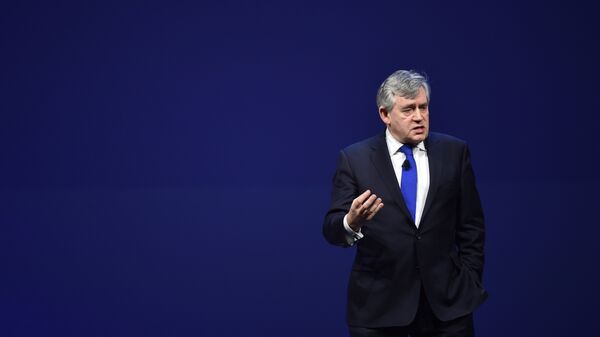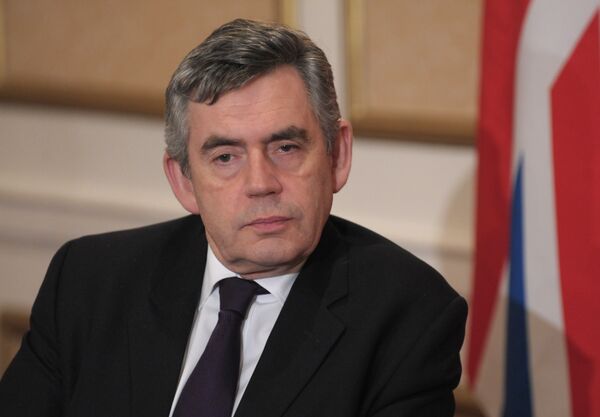Ex-British premier Gordon Brown has thrown his weight behind Jeremy Corbyn's leadership as UK prime minister Theresa May remains reeling from two cabinet ministerial resignations and a sex scandal involving a number of her Conservative MPs.
Branding Jeremy as a "phenomenon" during an interview on Friday, November 10, Mr. Brown praised his successor's left-wing policy priorities, his war on rising inequality and stagnant wages, declaring his popularity with the British public was now growing steadily.
In his radio interview, Mr. Brown praised Mr. Corbyn for successfully tapping into the rising public anger over the unfair effects of globalization, after centrists appeared to show they had "no answers."
Red Redemption
His endorsement is, however, "too little too late," according to one leading British political commentator, who believes the public will not be influenced by the sudden backing.
"Brown started his life very much on the left of the Labour party and in another life may well have been an important cabinet member in a Corbyn government. Brown however sold himself, almost entirely to the liberal Blairite project which is now rejected by most Labour supporters," Adam Garrie told Sputnik.
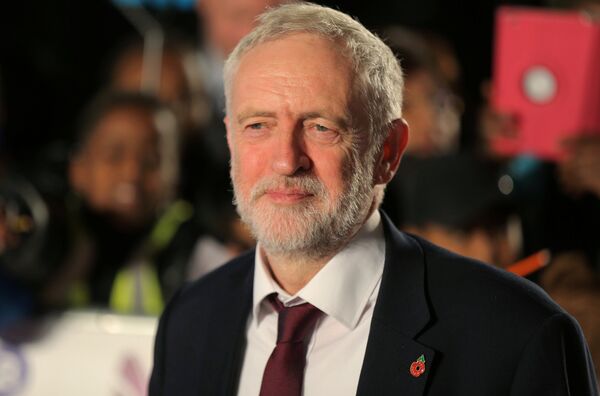
The political commentator and managing editor of theduran.com, added:
"In this sense, Brown is trying to redeem himself for his guilty association with a New Labour liberal movement he never believed in. Perhaps also, he may want to act in some advisory capacity in a Corbyn government, something that could maybe be useful as Corbyn has very few experienced individuals on his front bench team.
Blair vs. Brown
"At the end of the day though, Brown had a personal hatred for Blair, and now that Brown senses that Corbyn might become prime minister, he's taking one last shot and his hated rival," Mr. Garrie said.
His support is in stark contrast to former Prime Minister Tony Blair's warning that the current Labour leader's policies would be a disaster for the country.
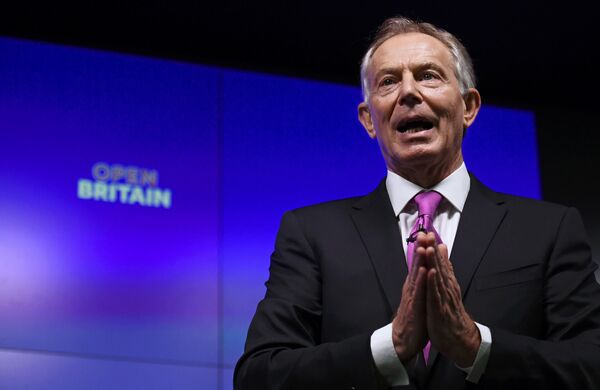
It is not a view shared by Mr. Brown, however, who said: "People feel rightly or wrongly that the problems that they have — stagnant wages, inequality, polarization between rich and poor, public service not being properly financed — they ascribe that to the failures of government, centrist governments that have not been able to manage globalization."
Steeped in Labour Ethos
In contrast, Dr. William McDougall, senior politics lecturer at Glasgow Caledonian University, said the backing was significant, considering Mr. Brown's standing within the Labour party.
"Brown is pointing out that Corbyn is using language that he also used, such as 'the many not the few’ and highlighting problems in the NHS. His support indicates how much Corbyn has for now become part of the Labour mainstream and is also popular," Dr. McDougall told Sputnik.
"With the serious problems the Conservatives have, Labour will be debating internally how to act if they come to power. This will involve former supporters of Brown too seeking influence.
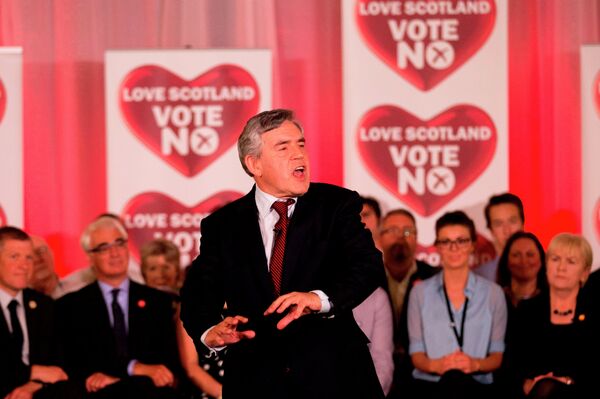
"Moreover, Brown was and is steeped in the ethos of the Labour party much more than Blair was and is perhaps also interested in protecting his own legacy within the party. Brown in the past gave the impression that he was interested in Labour updating its values to win and if Jeremy can do that too he will be supportive. Blair of course claimed before Corbyn became leader that if he could have won an election with Corbyn’s policies he wouldn’t have," explained Dr. McDougall.
Good Listener
The reason for Mr. Corbyn's rise, Mr. Brown said was down to the fact that he listened to people.
"He has come through because he expresses people's anger at what's happened — the discontent. When he attacks universal credit, he is speaking for many people, when he says the health service is underfunded, he is speaking for many people," he added.
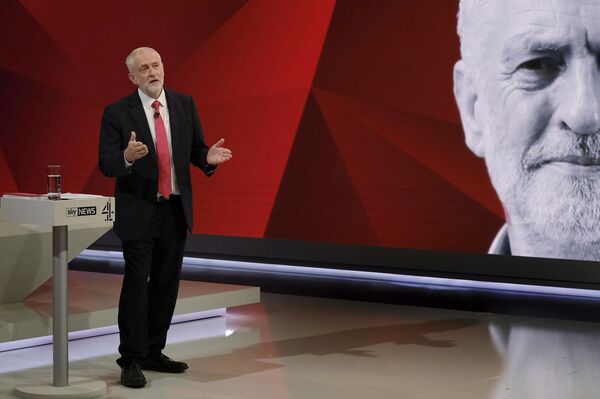
During the interview, the former Labour leader denied he was moving to the left, arguing the current success of the party was because New Labour "did not finish the job" of curbing inequality and bad banking practices.
He insisted the rise of US President Donald Trump and Emmanuel Macron in France, flowed also from anger over previous economic failure, adding it was now a "new world."

